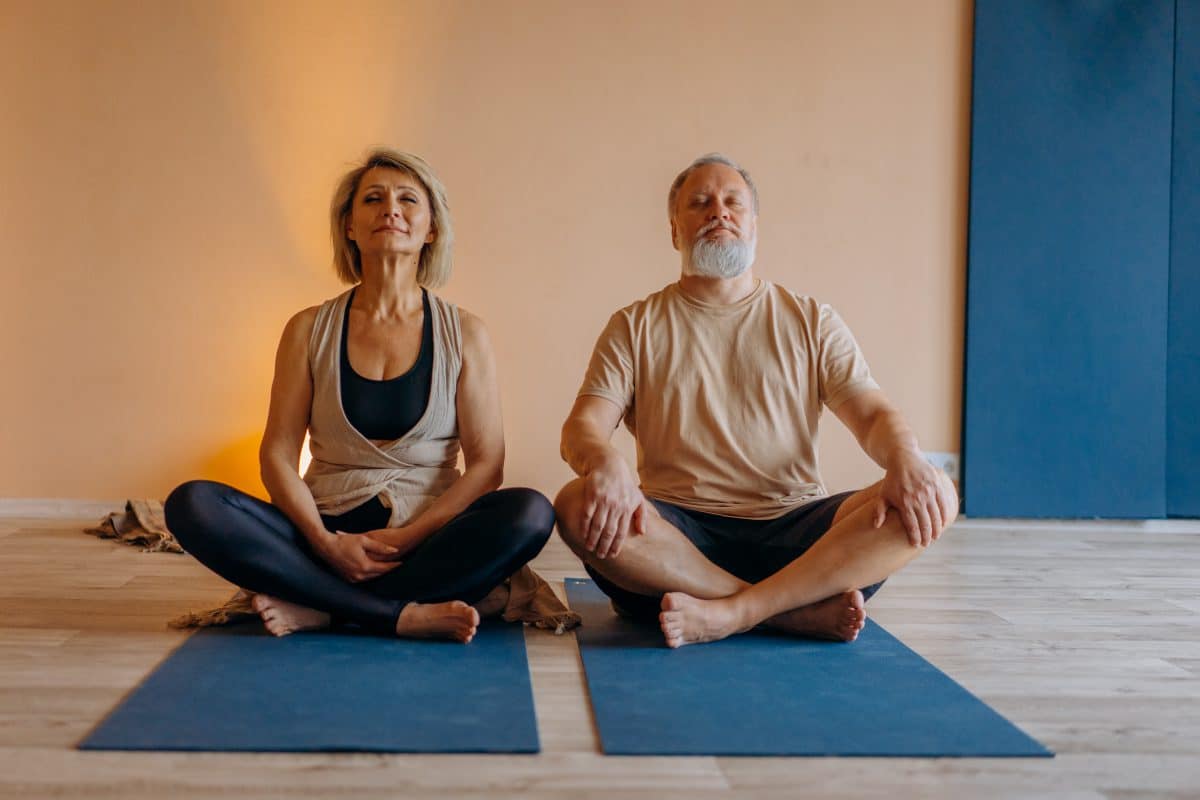Winter is just around the corner. In many places, temperatures have already begun to drop, warm jackets are coming out and, the days get longer and darker. While winter may be an enjoyable and exciting time for some, there is a category of people who may struggle more than others with the cold.
Surprisingly, winters can have a negative impact on the overall health of the elderly or senior citizens. It is important to keep a watchful eye on them, have the contact number of the best physiotherapist around and even sign up for home healthcare in some cases to ensure their safety.
So how does the winter impact their health:
Increases risk of hypothermia
Hypothermia occurs when the body becomes so cold it starts to shut down. In cases where there is extremely cold weather, the risk of hypothermia goes up exponentially. This happens because their bodies cannot withstand the cold as long as younger people. Elderly people naturally create less body heat, which means they are often colder than younger individuals to start with. Watch out for slowed reactions and movements, sleepiness, slurred or slow speech and confusion.
Cardiac troubles
Patients with existing underlying heart conditions are at greater risk for cardiovascular troubles during winters. The cooler temperatures lower the overall body heat. This can cause the blood vessels to contract, reducing oxygen supply to the body, increasing the risk of a stroke. The extra work that the body has to put in to stay warm can also lead to higher blood pressure and heart attacks. If you have a senior citizen at home who has pre-existing cardiovascular conditions, having a nurse at home may be a good idea.
Respiratory illness
The drop in temperature commonly leads to respiratory infections in older people. The main reason for this is that excessive cold lowers their immunity and weakens lung function. Asthma patients and patients with chronic obstructive pulmonary diseases (COPD) need to maintain special care during winters.
Increased pain
Another side effect of the cold is that muscle and existing pains tend to worsen in the cold weather. This can be especially difficult for those suffering from arthritis and other conditions as it may hinder their mobility significantly. Look out for the best physiotherapist to help you out through this as it can impact their movement significantly.
These realities may sound scary and a little bit daunting, but a few simple steps will help keep your loved ones safe and cosy.
Here’s what you can do:
- Ensure they wear lots of layers.
- Use heaters indoors.
- Get regular check-ups.
- Keep a very close eye on them and pay attention to anything that may seem a little off.
- Hire help – Look around for a nurse at home from the SSSPS home healthcare provider to lend a hand.
Having a helping hand can put your mind at ease and your beloved ones safe and cared for at all times!



